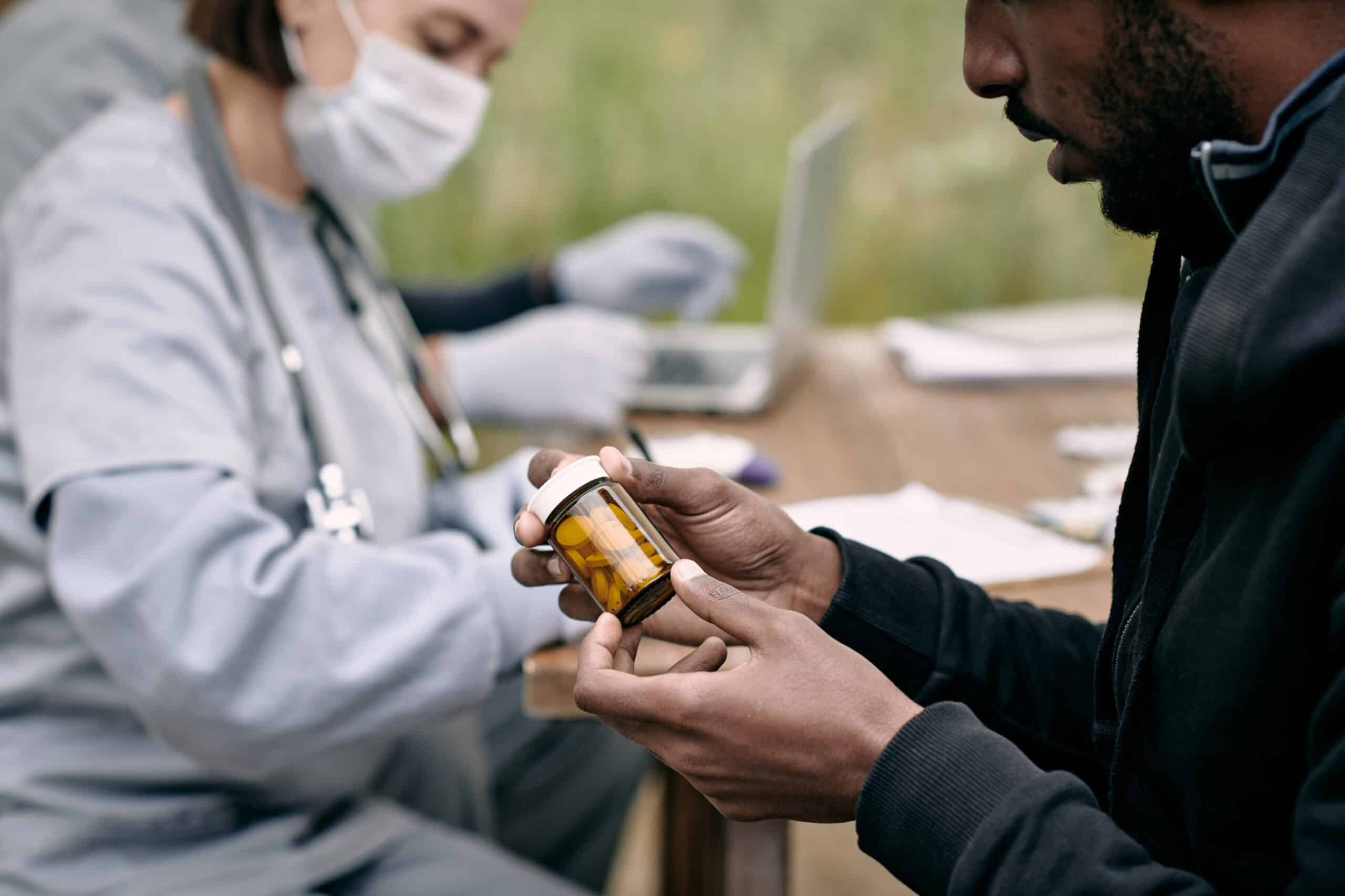Types of cases a Personal Injury Attorney can help you with When should you contact…
Drug Possession vs. Drug Distribution: Everything You Need to Know- Guest Post

According to the National Center for Drug Abuse Statistics or NCDAS, around 19.4% of the country’s population has used illegal drugs at least once in their lifetime. Since the year 2000, there has been an estimated 700,000 deaths attributed to drug overdose. There are more or less 31 million illegal drug users in the United States.
Illegal drug use is also prevalent in other regions and countries, as proven by the numbers released by Statista.com. More or less 5.4% of the world’s population uses or has used illegal drugs.
Using illegal drugs is a crime practically anywhere in the world. In the United States, anyone found possessing or using illegal drugs commits a federal and state crime. The consequences may vary by the state since some have legalized the cultivation and use of marijuana, but violations can range from fines to court cases and jail time.
A person who is caught carrying illicit or illegal drugs can be accused of drug possession or drug distribution. These two criminal offenses are often used interchangeably, but each one is distinct from the other.
Drug Possession
A person charged with drug possession is caught intentionally and knowingly carrying illegal drugs, be it for personal use, selling, or distribution purposes. The substance in possession does not have a valid prescription and may be of substantial quantity.
If there is proof that the person can control the illegal drugs in his possession, authorities will arrest him right away. If the substance is of limited quantity, it can mean that the drugs are intended for personal use.
Drug possession laws vary in every state. For example, in Arizona, possessing illegal drugs is a serious offense. If you are caught near or beside an illegal drug or are proven to be under the influence, you can be charged with a felony. If you are caught committing such an offense, you need to work with a drug possession attorney. Your penalties will depend on the circumstances of your case, such as previous criminal history and the kind of substance in your possession.
Types of Drug Possession
Actual Possession/Possession in Fact –
This happens when a suspect is caught making physical contact with an illicit substance or when the illegal drug is found on his person.
Constructive Possession/Possession in Law –
This happens when a person has access to, knowledge about, or a way of controlling the illegal substances involved. He could be charged with constructive possession of illegal drugs even if there were no substances with or anywhere near him when he was arrested.
Drug Distribution
A person charged with drug distribution is in possession of a significant quantity of illegal substances and money. Authorities consider this as evidence that the suspect is planning to distribute or sell the illegal drugs.
Drug distribution is a felony, so anybody charged with it will face serious consequences, including a court hearing. Anyone caught importing, transporting, and selling cocaine, heroin, meth, and MDMA (among others) can be charged with felony drug distribution.
What Happens When One is Charged with Drug Possession or Drug Distribution?
If you are caught engaging in any activity that involves illegal drugs, there are inevitable legal repercussions that are dependent on your case. Typically, the consequences involve heavy fines, probation, federal prison or jail time, community service, and house arrest or any other type of confinement. Your offense will also be entered into the system, so you’ll have a criminal record.
The length of your jail time will depend on the severity of your case, along with other vital factors such as the kind and quantity of the substance that you possessed or used. If only a small amount of illegal drugs were found near you or on your person, it would be classified as a misdemeanor. Larger amounts of illicit substances will be considered a felony with the intent to distribute.
Several states charge first-time offenders with simple possession regardless of the quantity of illegal drugs involved in the case. However, if you are a repeat offender, you’ll be charged with harsher penalties. In some states, your driver’s license may also be suspended.
Most of these penalties apply to drug possession. Since drug distribution is considered a felony, the fines are higher, and prison time is extended.
In addition, if you are charged with drug distribution to a minor or had a gun with you when you were arrested, you will face a more complex case and maximum penalties.
If you were arrested for distributing illegal drugs in a different state or across international borders, you violated federal laws. In such circumstances, the DEA or Drug Enforcement Administration will be called in. Federal-level offenses are serious legal violations, so your conviction may put you in federal prison.
If you or someone you know has been charged with drug possession or drug distribution, get in touch with a lawyer experienced in illegal drug cases right away.
